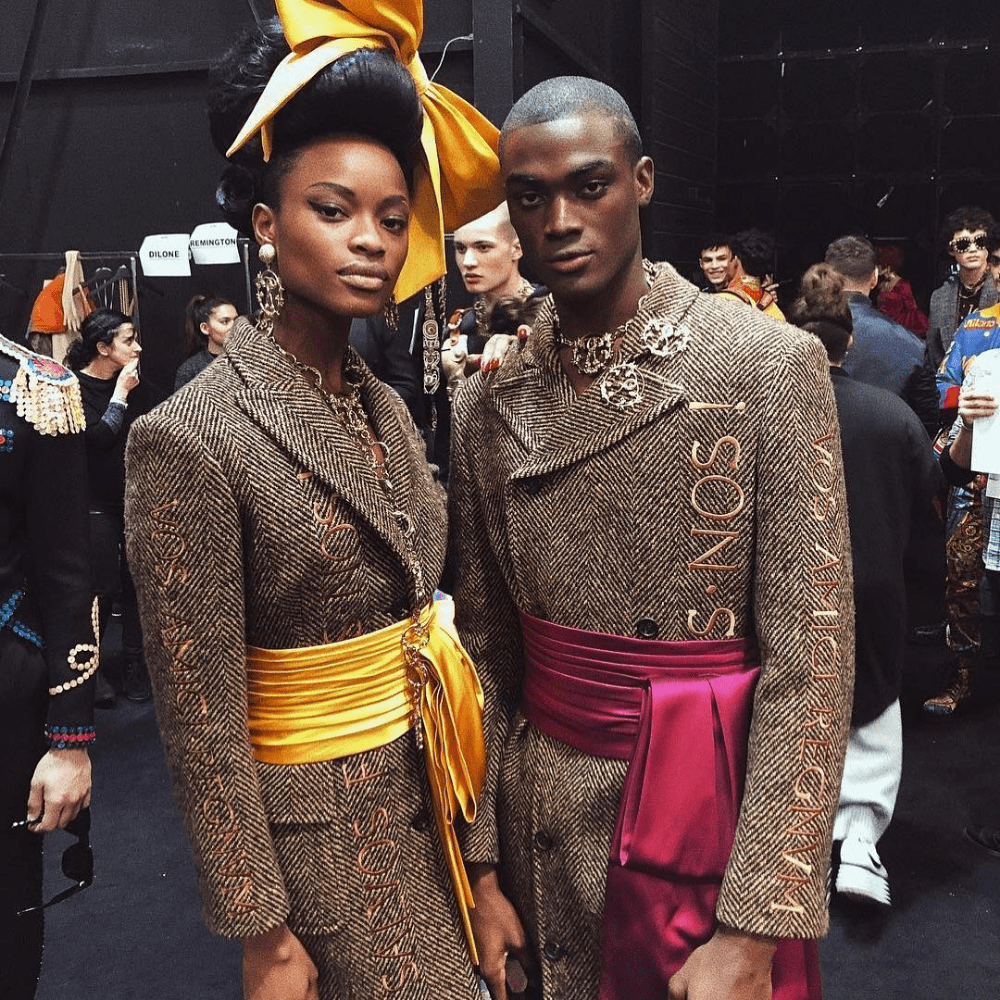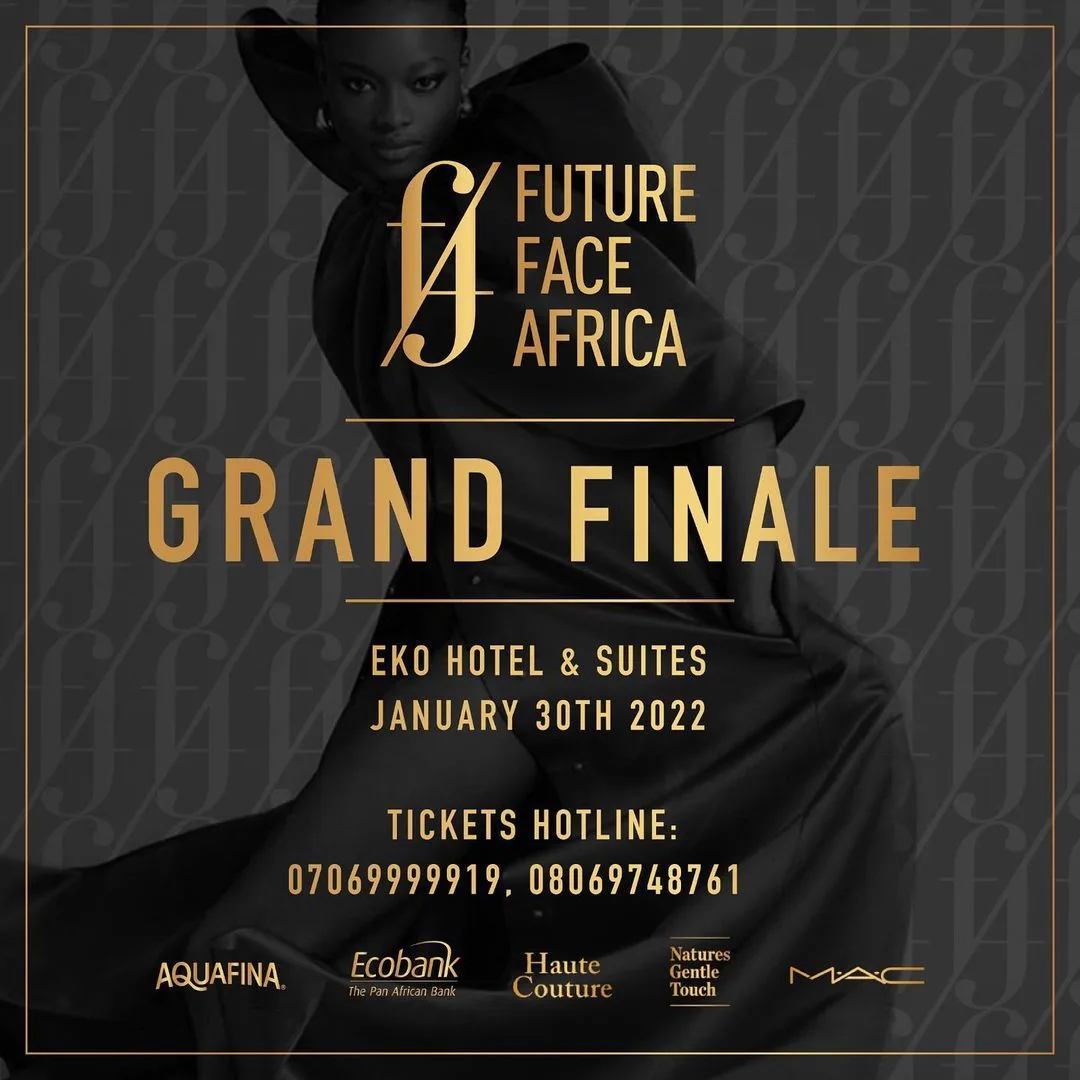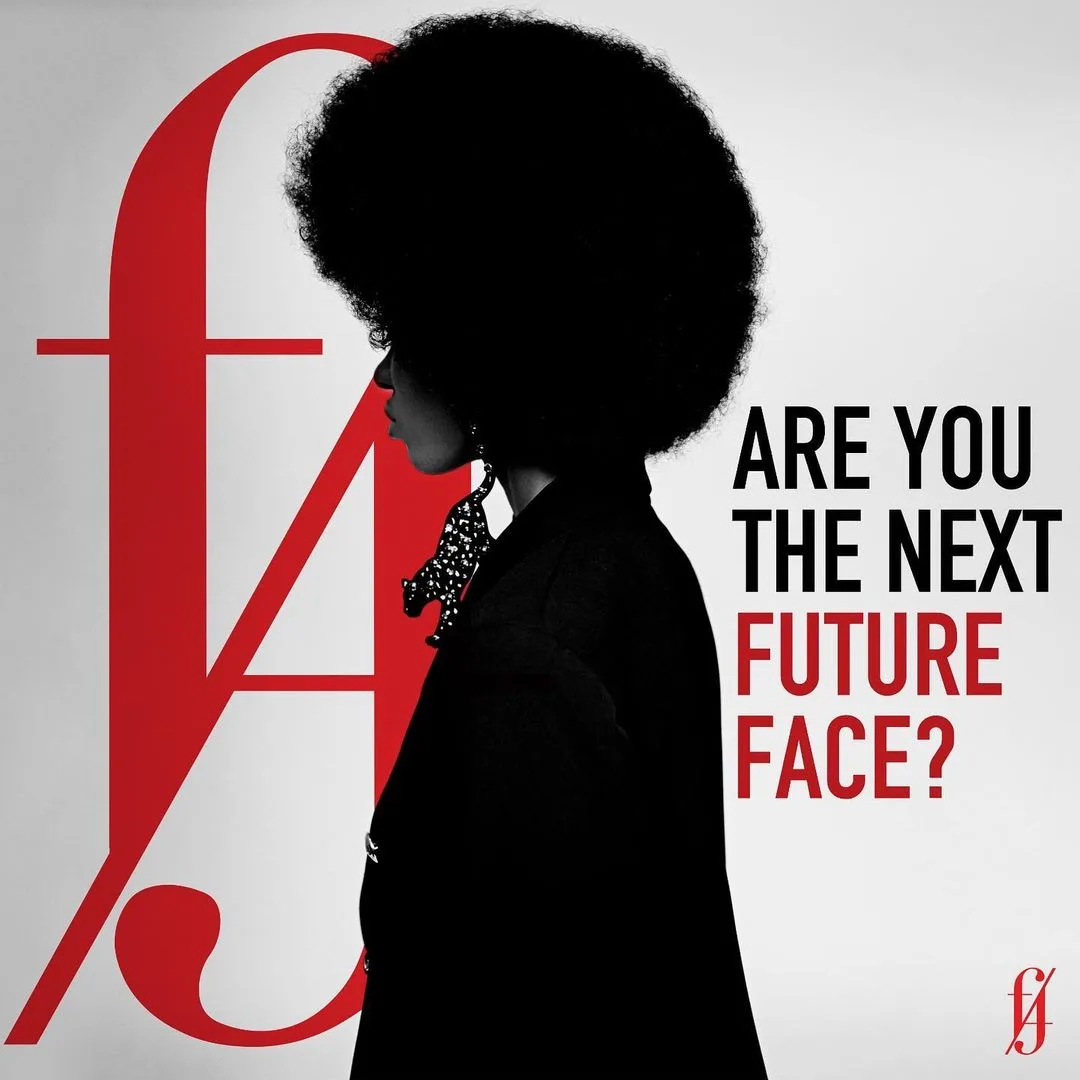Multi-award-winning South African designer Lukhanyo Mdingi is starting the new year on a high note as he launches his Autumn/Winter 2022 collection in Paris.
Mdingi was set to debut the Bodyland AW22 collection at Paris Fashion Week on Tuesday, January 18.
In this collection, he wants to celebrate the human hands that work tirelessly in creating different designs.
Emerging menswear designers showing in Paris this month have faced difficult choices in the countdown to the Autumn/Winter 2022 season.
When the Federation de la Haute Couture et de la Mode announced a go-head for Paris Fashion Week Men (18–23 January), it was easy enough for major luxury brands to mobilize their resources. With limited funds, emerging designers, however, have had to calculate carefully. While foreign emerging designers have been wary of the costs of physical shows, home-grown designers based in Paris have generally been ready to plow ahead.
While Parisian brands can plan physical shows in uncertain times and develop contingency plans, international young designers showing at Paris Fashion Week have had to get creative to present their Autumn/Winter 2022 collections. It’s one of many hurdles for the new generation of men’s designers who still see Paris and Milan as worthwhile.
Rhuigi Villasenor, the 29-year-old founder of LA label Rhude and newly announced creative director of Swiss heritage brand Bally, was originally excited to show in Paris this season for the first time since the pandemic. When he launched his brand in 2015, making hoodies and T-shirts, he considered Paris “the main stage” of fashion, inspired as a child by flipping through magazines he couldn’t afford in the bookstore, Barnes & Noble.
However, a flip-flopping of travel restrictions and rising Omicron cases forced the designer to reconsider. “Weeks ago we were planning to go to Paris and show. We were looking at venues and the production. And then in just a matter of days, I decided to pivot,” he says. “Taking off my designer cap and putting my CEO cap on, it’s quite a big expense for me not to have the certainty whether we’ll be able to even actually show, let alone have an audience. I had to make the proper choices to pull back from a physical show and do something that feels a bit safer.”
Instead, Rhude has presented his collection digitally with an accompanying showroom, maintaining a laser-like focus on the clothes. Known for hoodies, T-shirts, and bold logo jackets retailing for up to $2,500, Villaseñor is looking to more classic styles for this season, says the designer, who aims to create what the new version of the power suit looks like for today’s Gen Z investor.
South African designer Lukhanyo Mdingi arrived in Paris on 13 January, just five days before his first-ever presentation at Paris Fashion Week, showcasing his bold artisanal and textured prints. Without a network of collaborators in Paris, the young designer found it tricky to organize the components of a fashion presentation, from venue to lighting.
“In South Africa, when you’re part of the fashion week, you pay a set fee and the whole production is pretty much-taken care of and includes hair, makeup, casting, and producers,” Mdingi says. “You walk in with your collection and that’s pretty much it.”
Mdingi, who founded his business in 2013, launched Ssense, and Net-a-Porter’s Vanguard program after Autumn/Winter 2021. He hopes his presentation and showroom will attract more stockists and further growth. Mdingi was invited to show at Paris Fashion Week after winning LVMH’s Karl Lagerfeld Prize 2021, shared with New York’s KidSuper and Shanghai brand Rui. Each designer received €150,000.
Physical shows, with extra, can work for local talent
Many of the menswear designers who are based in Paris have considered a physical show to be the right option. Florentin Glemarec and Kevin Nompeix, the duo behind gender-free brand Egonlab, showed on Monday, following their Pierre Bergé Prize win at Andam 2021. Running parallel to the show was Egomanati, a metaverse experience accessible via the brand’s website featuring NFTs from Egonlab, in collaboration with Crocs.
“I think for young brands, the physical show is an important thing because it’s a validation of our business,” says Nompeix. “We want a real show to meet people, to meet our community, to feel a real energy with the models a real experience.”
Egonlab built a strong online community during the pandemic, Nompeix says (the brand has over 90,000 Instagram followers). Now, as the brand broadens to include womenswear, the new show, and NFT activation are intended to provide a new marketing boost.
French designer Louis Gabriel Nouchi was also set on a show for AW22. Launched in 2017, the brand’s sales have doubled since 2020, bolstered by a store in Paris. Now, he’s keen to win stockists and further press attention with an in-person runway show on Saturday at Palais de Chaillot.
Nouchi’s show for Spring/Summer 2022, staged in July, was an easier challenge because it was held outdoors, he says. Despite the social distancing demands on guests and complex organizing backstage, he was still determined to proceed with AW22. “After making so many videos, it’s really complicated to transmit an emotion through digital,” he says. “Everybody’s going to watch it on their phone it’s not a movie screen. You lose a lot of the atmosphere and the immersive effects. For me, if we’re able to respect all the conditions, let’s do it!”
Pre-pandemic, designers had relative flexibility, confirming show venues three weeks before the event. Now, the lead time is closer to three months, Nouchi says. “It takes longer to source materials, and also we have to have a Plan B, Plan C, and Plan D.” The designer has planned a video and exhibition as backup ideas in the event that the physical fashion show is scuppered. “We’ve had to be very fluid in our planning,” he sighs. “It’s been like this for two years.”
Trialing new formats
For this season, the focus of Rhude’s Rhuigi Villasenor is on the clothes, contrasting with the star-studded show–party the brand held for SS22 in LA, which featured A-list celebrities and a champagne tower. Villaseñor wants to ensure the foundations of the business are solid before taking on new retailers or partnerships. “I’m championing the clothes and the design and the hard work that the team and I put in,” he says.
Rhude has maintained a year-on-year rapid growth rate of around 50 percent. It’s important to take stock at this juncture, says Villasenor. “It’s very easy to be dictated by the consumer. And then you end up on this train where you don’t have control.”
Egonlab’s metaverse project reflects how brands want to extend their online presence. “We want people to find refuge online,” Nompeix says. “You can move through and touch things, or walk through a door and find our collaboration with Crocs.” To date, Crocs has dabbled in the metaverse with the NBA and Minecraft, but this marks its first NFT project, says Yann Le Bozec, senior marketing director EMEA at Crocs. Egonlab reflects Crocs’ gender-free ethos, he adds.
Meanwhile, Lukhanyo Mdingi is strengthening a connection with the Ethical Fashion Initiative. Mdingi and his team went to Burkina Faso to meet artisans who create fabrics for their collections. After the visit, Mdingi decided to invite one of the artisans, Veronique Ouedraogo, to join him in Paris, participating in the presentation and meeting press and buyers.
“Being in that space and really understanding the provenance of the craft and the human beings behind it really ignited something within us,” Mdingi says. “That in itself will add a layer to understanding the genesis of the clothes. And help people recognize that there’s a human behind them.”
Key Takeaway: The pandemic is teaching emerging brands that physical fashion shows aren’t the only route to building brand awareness or winning stockists. Emerging designers are responding to the wants of their individual fanbases, to deliver unique collection experiences, from pared-back presentations to metaverse experiments and NFTs.
Content courtesy of Vogue Business, IOL & NFH
Like this:
Like Loading...














